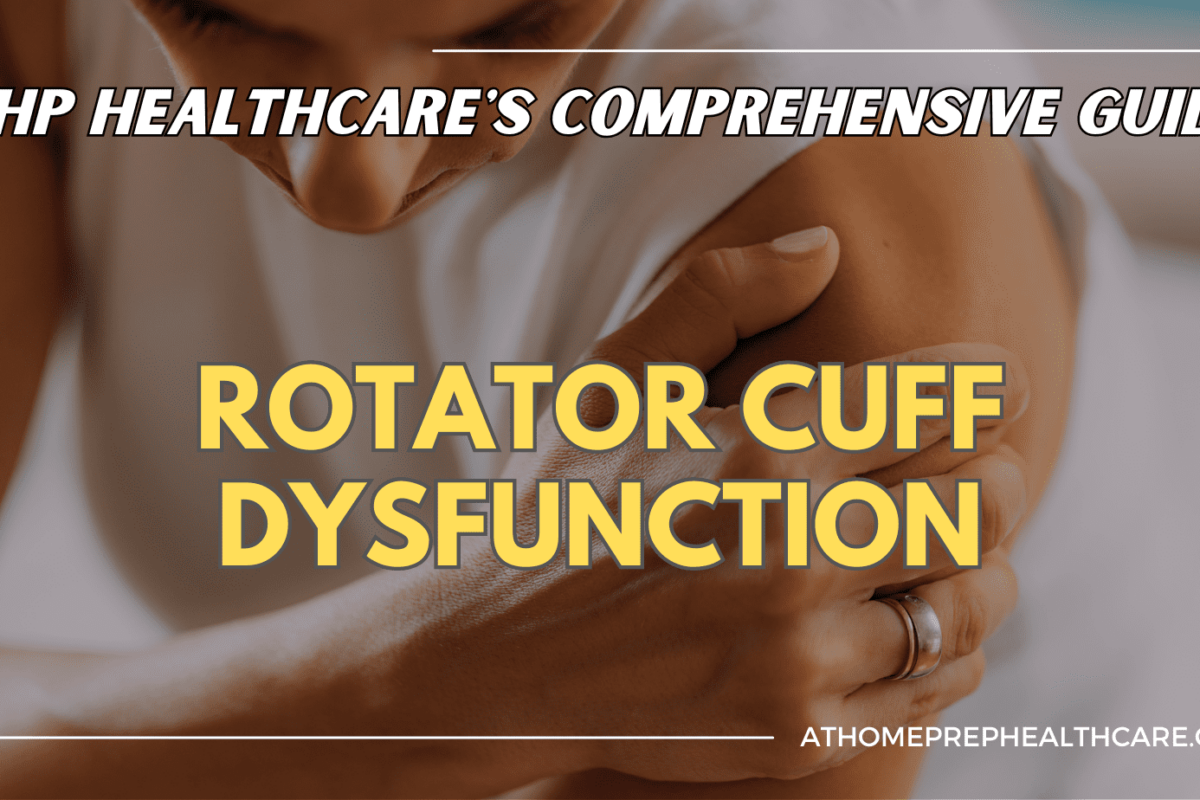Understanding Rotator Cuff Dysfunction
The rotator cuff is a group of muscles and tendons that surround the shoulder joint, providing stability and facilitating movement. Dysfunction of the rotator cuff can result from various factors, including overuse, trauma, and age-related changes. Common symptoms of rotator cuff dysfunction include pain, weakness, and limited range of motion in the shoulder joint.AHP Healthcare’s Rotator Cuff Dysfunction Course
Our Rotator Cuff Dysfunction course is designed to provide healthcare professionals with a comprehensive understanding of the rotator cuff’s anatomy, physiology, and function. Approved for continuing education credit by the American Physical Therapy Association (APTA) in multiple states, this 3-hour course offers a relevant review of key concepts and evidence-based interventions.Course Overview
Participants in the Rotator Cuff Dysfunction course will benefit from the following:- Anatomy and Physiology Review:
- Innovative Treatment Planning:
- Scapular Stabilization:


